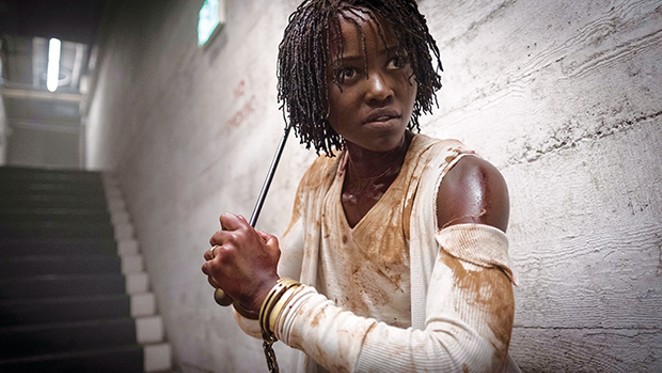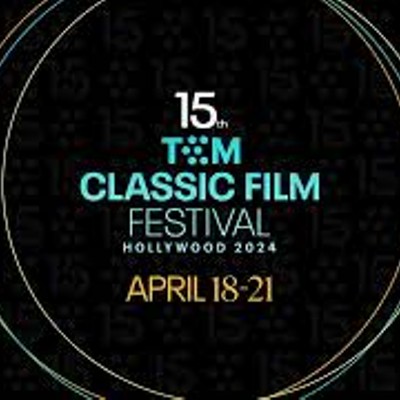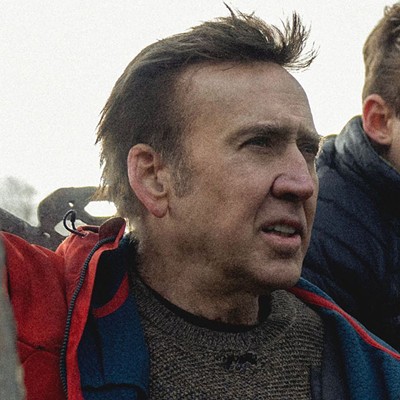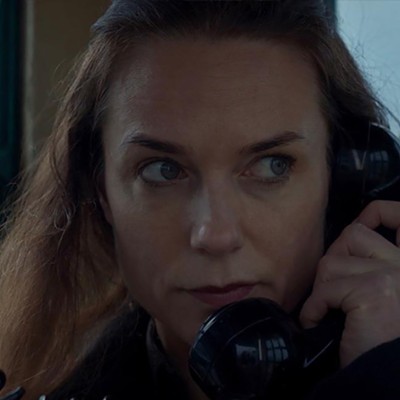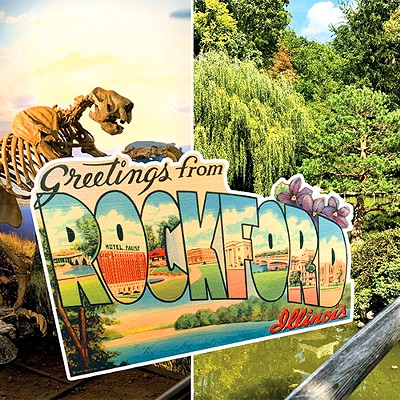The worlds of art and sports are littered with filmmakers, authors and athletes who have fallen victim to the sophomore slump, having wowed the world with their debut only to fail to live up to expectations the second time around. The perils of setting the bar high with your opening salvo on the public stage is a double-edged sword and one that filmmaker Jordan Peele is now dealing with, having experienced critical and financial success with his social horror film “Get Out,” which netted him an Oscar for best original screenplay and over a quarter billion dollars at the box office worldwide.
Needless to say, there are more than a few eyes on his follow-up feature Us, Peele’s second entry in the horror genre that sets out to not simply jolt his audience but also comment on the current state of the United States. There’s no shortage of ambition where the filmmaker and this feature is concerned, so much so that it eventually works against him, as his desire to go out of the way to impress gets in the way of telling a solid and complete story.
Beginning in 1986, the film opens on an innocuous event that suddenly turns tragic. Young Adelaide Wilson (Madison Curry) has been taken to the Santa Cruz Pier to celebrate her birthday. Thanks to distracted parents, she wanders off and enters a hall of mirrors where something occurs that has a profound effect on her, traumatizing her to the point where she doesn’t speak for three months afterwards. Jump forward to the present day – Adelaide (Lupita Nyong’o) is married to the affable Gabe Wilson (Winston Duke) and mother to Zora (Shahadi Joseph) and Evan (Jason Wilson). The family is headed to their vacation home when her husband announces they’ll be paying a visit to…Santa Cruz Pier.
With this set-up, something’s bound to happen and Peele doesn’t disappoint as Evan finds himself compelled to wander toward a funhouse similar to the one his mother got lost in. While he doesn’t quite make it there, his actions seem to trigger something, as later that night, the family is terrorized by four dopplegangers who set out to attack and kill them in their home.
Peele takes his time setting up the premise (a bit too much time) but the initial payoff is jarring and effective. Very few filmmakers are as adept as he is in terms of balancing horror and humor, and this is the movie’s strongest suit. He masterfully toys with the audience as our guard falls thanks to numerous clever jokes, leaving us vulnerable to one surprise after another. When the Wilsons’ friends the Tylers are attacked in their own home, it’s a tour de force sequence of false expectations and sudden surprises that benefits from crackerjack timing and deceptive camera placement, one of the great moments in the young film year.
There’s a great deal to unpack here as the movie is rife with numerous pop culture references, while the overarching theme is partially alluded to but never fully realized. During the third act, Adelaide’s evil opposite – Red – has her James Bond villain moment in which she explains to her and us just what’s going on and why. It’s brilliantly realized by Nyong’o but it doesn’t hold together logically, while Peele’s use of symbolism is ambiguous, not fully realized.
Despite that, Us is worth seeing. The sort of ambition on display is far too rare in American films and Peele should be applauded for pushing boundaries and making demands on his audience even though, ultimately, the movie isn’t a complete success.
Contact Chuck Koplinski at [email protected].

